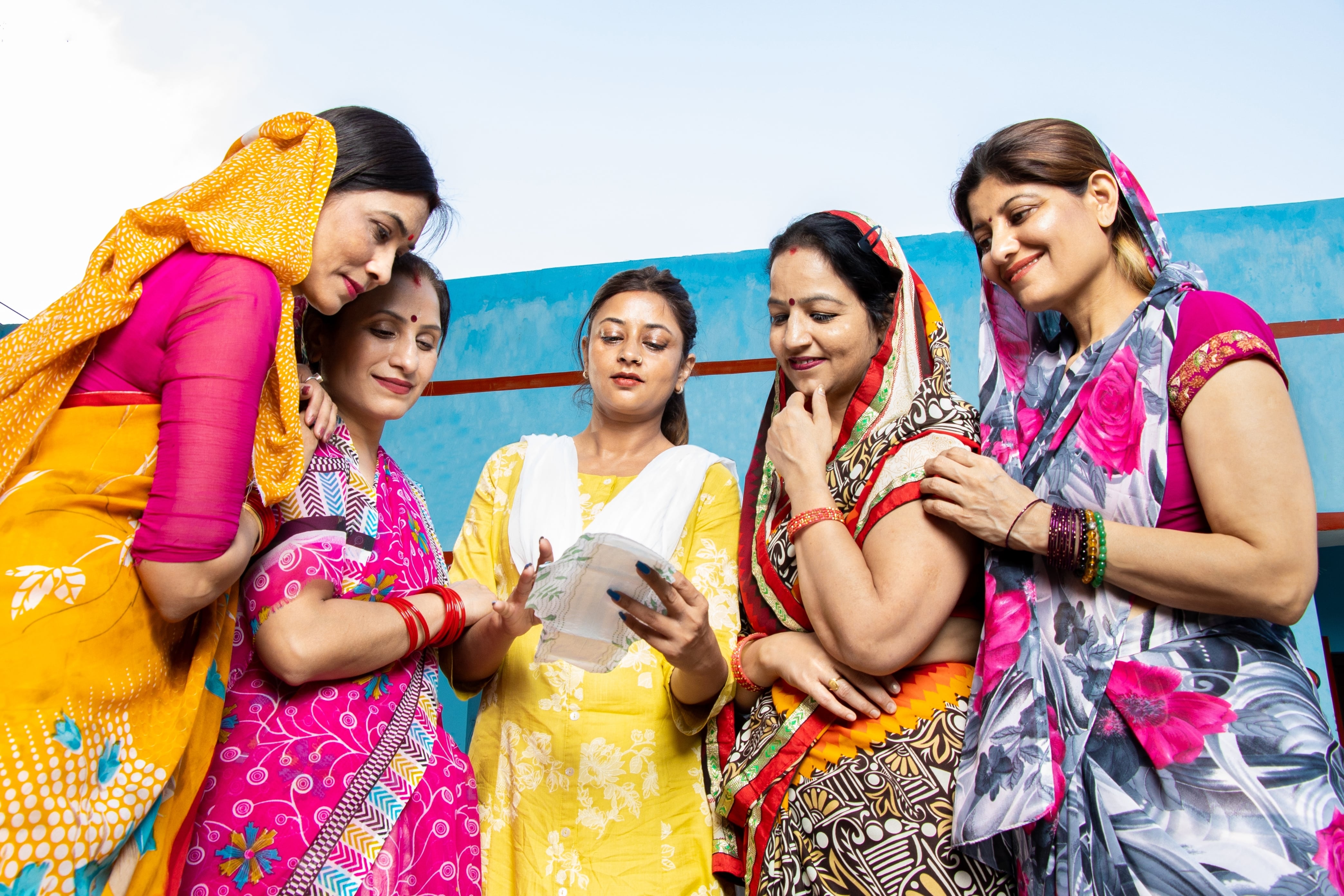Menstruation is a natural biological process that occurs in women of reproductive age; nonetheless, in many cultures, it is stigmatized, veiled in myths, and considered taboo. Menstruating women in isolated Himalayan communities are still separated because it is believed that menstrual blood is filthy. They are kept in the cowshed (goth) and are not permitted to socialize with others. Even though the Bageshwar district has been designated open defecation-free and every family has a toilet, menstruating women continue to defecate in the open since they are not permitted to utilize sanitary facilities used by others. Menstrual taboos influence women’s and teenage girls’ mobility, health, education, and self-esteem.
Out of all the menstruating women in India, only 36% use sanitary products during their periods. Menstrual health education is critical for girls and women to manage their menstruation in a safe, sanitary, and dignified manner. This article examines the taboos that exist in the Pindar Valley, as well as how women and adolescent girls cope with their periods.
As you know, National Menstrual Hygiene Day is celebrated on May 28 every year but do you know why? The day is marked on May 28 since menstrual cycles last an average of 28 days, and people menstruate on an average of five days per month (The fifth month of the year is May). It is celebrated to destigmatize menstruation so that women can menstruate without being excluded, feeling fear or shame, experiencing anxiety or guilt, being treated differently, or having more vulnerabilities revealed. It also increases awareness of period poverty which is the inability to afford the menstrual supplies required to manage menstrual health and cleanliness with dignity.
SOFY has the finest solution for all of your menstrual hygiene requirements. Their SOFY Period Education is a one-stop for all things menstruation and menstrual hygiene. SOFY has over 50 years of expertise in sanitary care products and that is why, they have been able to bring out the best solutions that suit the changing demands of women and girls.
Furthermore, SOFY understands that everybody is unique, and therefore one solution for menstrual hygiene cannot fit everyone. As a result, they strive to maintain their product line as diverse as possible to meet the demands of every woman and girl.
Here are some of the reasons why menstrual hygiene education is so important.
Remove Social Stigma
Menstruation is considered taboo in many civilizations, and menstruating girls and women experience discrimination, social exclusion, and shame. Menstrual hygiene education can help dispel myths and misconceptions about menstruation while encouraging acceptance and understanding.
Increase Confidence and Self Esteem
Menstrual hygiene education helps girls and women feel more confident and at ease with their periods. This, in turn, can boost their self-esteem, reduce worry and stress, and enable them to partake in more social, educational, and economic activities.
Promote Health and Hygiene
Menstrual hygiene practices like changing menstrual products regularly, washing hands before and after handling menstrual products, and keeping the genital area clean can help prevent infections and other health issues like bacterial vaginosis, urinary tract infections, and reproductive tract infections.
Finally, menstrual hygiene education is critical to give accurate and trustworthy information about menstrual hygiene management and to foster an environment that encourages girls and women to manage their periods safely, hygienically, and with dignity.
FAQ’s
2. How does menstrual stigma impact women and girls?
Menstrual stigma affects women’s mobility, health, education, and self-esteem. In communities where menstruation is stigmatized, women and girls are often excluded from social activities, leading to isolation and feelings of shame. It also restricts their access to education, as they may miss school during their periods due to a lack of proper menstrual hygiene products or facilities.
3. What is National Menstrual Hygiene Day and why is it important?
National Menstrual Hygiene Day is celebrated on May 28 to raise awareness about menstrual hygiene and break the stigma surrounding menstruation. The date was chosen because the menstrual cycle averages 28 days, and the fifth month, May, reflects the average five-day length of a period. This day is crucial in promoting menstrual health, ending period shame, and addressing period poverty, which prevents many women from affording menstrual products.
4. What is period poverty and how does it affect women?
Period poverty refers to the inability to afford menstrual supplies necessary for maintaining proper menstrual hygiene. It affects women and girls’ health, dignity, and social participation, often causing them to miss school, work, or other important activities. Addressing period poverty is crucial for ensuring that women and girls can manage their periods with dignity and without embarrassment.
5. What role does menstrual hygiene education play in removing social stigma?
Menstrual hygiene education helps dispel myths and misconceptions about periods by providing factual information about menstruation. It encourages a more open and accepting attitude toward menstruation, breaking down taboos that lead to discrimination, exclusion, and shame. Education helps normalize periods as a natural and healthy process.
6. How can menstrual hygiene education improve confidence and self-esteem in women and girls?
Education about menstrual hygiene empowers girls and women with the knowledge to manage their periods safely and comfortably. This reduces anxiety and stress associated with menstruation, helping them feel more confident in participating in social, educational, and economic activities without fear or embarrassment. It fosters a healthy body image and self-acceptance.
7. What are the health benefits of practicing proper menstrual hygiene?
Proper menstrual hygiene, such as regularly changing menstrual products and maintaining cleanliness, can prevent health issues like bacterial vaginosis, urinary tract infections, and reproductive tract infections. Good hygiene habits during menstruation promote overall reproductive health and well-being.
8. How does SOFY contribute to menstrual hygiene and education?
SOFY provides a wide range of menstrual hygiene products tailored to meet the diverse needs of women and girls. With over 50 years of expertise in sanitary care, SOFY focuses on providing safe, comfortable, and innovative solutions for menstrual care. Their products help ensure women and girls can manage their periods with dignity and protection, promoting overall menstrual health.
9. Why is it important to have diverse menstrual hygiene products?
Every woman's body and menstrual cycle are different, so a one-size-fits-all solution does not work for menstrual hygiene. Having diverse products allows women to choose what works best for them, whether it’s for light flow, heavy flow, or different stages of their cycle. SOFY offers a wide range of products to meet these varying needs, ensuring comfort and protection for all users.
10. How can we promote menstrual hygiene and education in communities with strong taboos?
To promote menstrual hygiene and education in communities where menstruation is taboo, it's important to start by educating both girls and boys early on. Open discussions, access to accurate information, and support from trusted sources like schools, healthcare providers, and community leaders can help normalize periods and reduce the stigma. Additionally, providing access to affordable menstrual products is essential for encouraging good hygiene practices.












